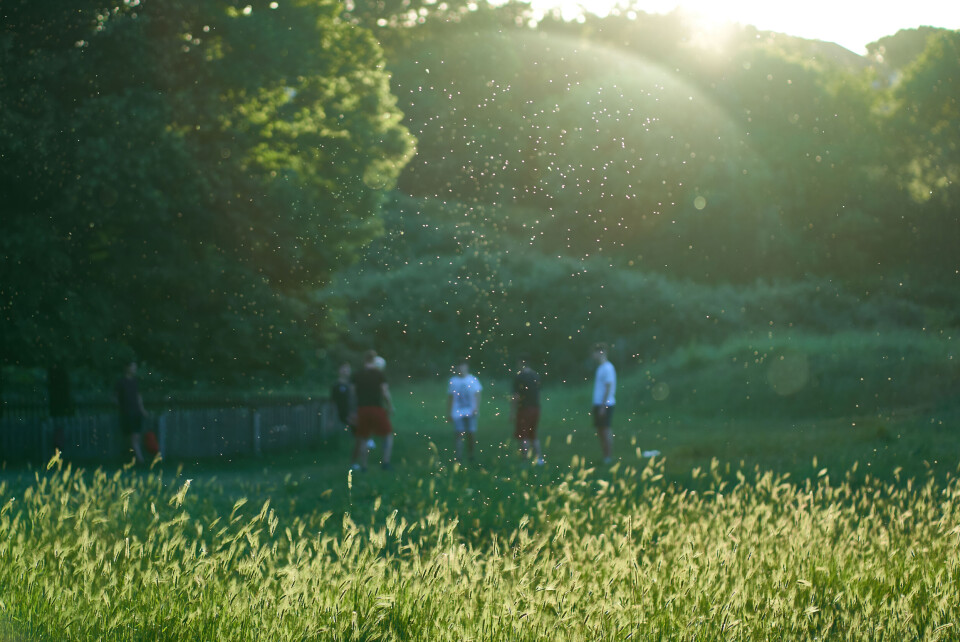-
La Voie Bleue: European Cycle Route of the Year is in France
700km bike path linking Luxembourg and Lyon has been crowned winner of the 2026 title
-
MAP: See how your location in France affects online food shop prices
New analysis shows how your shop compares on average
-
Further sightings of processionary caterpillars in France prompt action from local authorities
Caterpillars have arrived early after mild winter
Most of France on ‘red allergy alert’ for grass and other pollens
The south is particularly affected. Current estimates are that around 30% of the population suffer from plant allergies

The allergy season for some spring pollen – such as birch – is over but for others such as grass it is kicking into full swing.
Every mainland French department is currently facing at least a ‘medium’ warning for grass pollen and dozens – including every department in the south of the country – are facing red ‘elevated’ warnings over the allergen.
Other pollen, such as olive, is also at ‘red’ levels in some southern departments, and in the north a number have ‘medium’ warnings for oak – this is in addition to warnings over grass pollen.
Those who suffer from allergies and live in the areas where pollen is most present should take caution when outside and, where necessary, take anti-allergy medications before leaving the house.
Current estimates are that around 30% of the population suffer from plant allergies, but that this could rise to 50% by 2050.
Rapid spread with only brief respite
The sudden increase in grass pollen has hit France quickly – on Thursday (May 11), news outlets were reporting that 44 departments were facing a red level warning for the pollen.
By Friday, that number had increased to more than 50, stretching from the Mediterranean departments all the way up to Brittany and the German border.

Credit: RNSA (https://www.pollens.fr/)
The official Réseau national de surveillance aérobiologique (RNSA), which assesses pollen levels in France, updated its map of the country on Friday to match the rapid spread of grass pollen.
It said that “mild, sunny, and windy days” help the allergen spread, sometimes tens of kilometres per day.
“Grass [pollen] affects the whole country and no department is spared,” the service said on Friday.
Read more: Pollen sensors show real-time data to hay fever sufferers in France
Sufferers will see some respite during rainy weather when pollen transmission decreases but levels can still return to high during sunny spells between showers, it added.
You can keep track of the evolving pollen levels via the RNSA’s website.
Further advice for sufferers, aside from taking medication, includes:
Related articles
What impact will May rain have on France’s water deficit?
‘Face the reality’: France ‘must prepare’ for +4C global warming
























